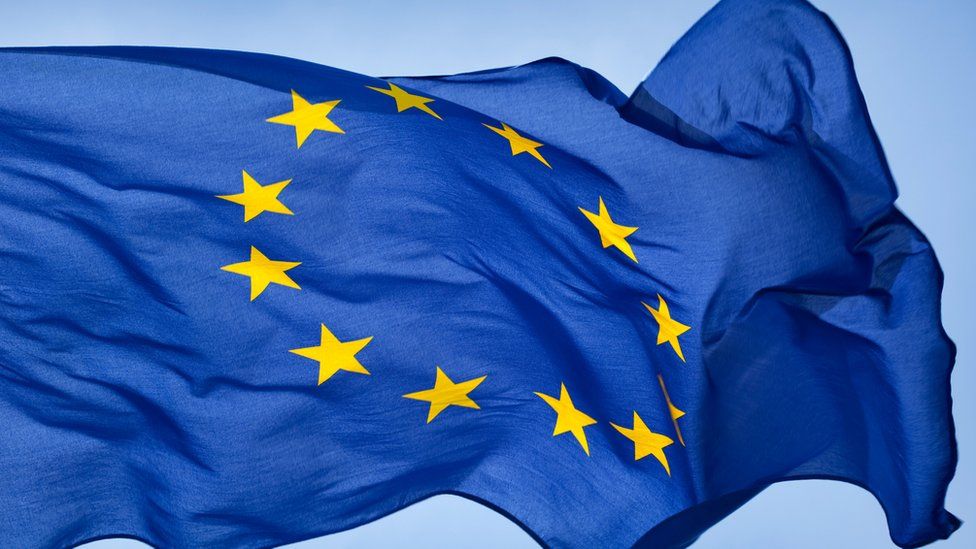As the implementation of the AI Act draws near, the European Union (EU) announces significant investments in the digital industry while introducing regulations on health data exchange. However, the reception of the EUDI Wallet among fintech experts remains skeptical.
EU Launches Funding Round for AI Projects
The EU has earmarked €67.5 million (US$73.3 million) to support businesses operating in the field of artificial intelligence (AI). This funding initiative aims to assist companies in adapting to the forthcoming AI Act, including the establishment of an AI innovation accelerator, collaboration on AI regulatory sandboxes, and the creation of testing facilities to ensure compliance of AI systems in the market.
Part of the broader Digital Europe Programme, which encompasses a €176 million (US$191.3 million) investment, these funds target digital transformation across businesses, citizens, and public administrations. Priorities of the 2023-2024 funding cycle include developing AI and data strategies, advancing cloud and edge computing technologies, and enhancing digital skills among employees while fostering cross-border digital public services.
The deadline for applications for this funding round is set for May 29, 2024.
EU Reaches Preliminary Agreement on Health Data Exchange
Last week, Europe reached a provisional agreement on regulations aimed at facilitating the exchange and accessibility of health data at the EU level. The European Health Data Space (EHDS) seeks to enhance patients’ control over electronic health data while enabling its use for research and fostering a unified market for health services and products. However, concerns have been raised by experts in the biometrics industry, advocating for the integration of biometrics into the digitalization of health data.
The provisional agreement awaits endorsement from the European Council and the Parliament. Upon adoption, EU member states will be tasked with establishing a digital health authority to oversee the implementation of these regulations.
Despite its aims, skepticism surrounds Europe’s plan for health data exchange, with concerns raised regarding potential conflicts with existing regulations governing health data, including data localization and international data transfer rules.
Is the EUDI Wallet Inhibiting Innovation?
As the European digital identity project progresses with pilot programs and expands its membership, questions arise about its impact on competition. The European Parliament recently passed legislation regulating the European Digital Identity (EUDI) Wallet with widespread support. This wallet is designed to grant EU residents access to public and private services, as well as digitize and standardize identity documents and attributes.
However, some voices in the fintech community express concerns that the centralized nature of the EUDI Wallet could stifle competition and innovation in the digital identity sector. Pedro Ferreira, an editor at Finance Magnates, warns that while the wallet offers convenience, centralized platforms often wield significant influence in the digital landscape, potentially favoring established players and hindering smaller competitors.
Conversely, proponents argue that decentralized storage of personal data in individual wallets represents a significant advancement for digital identity innovation.




